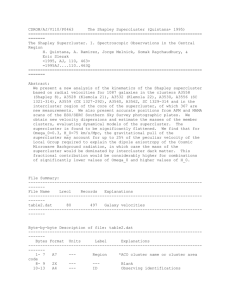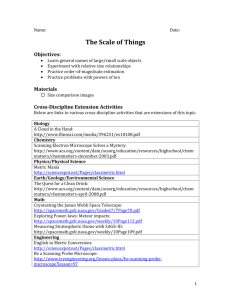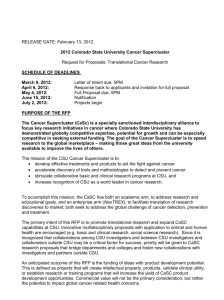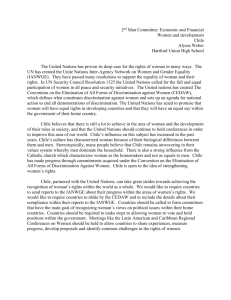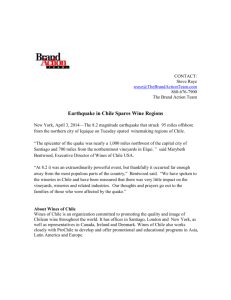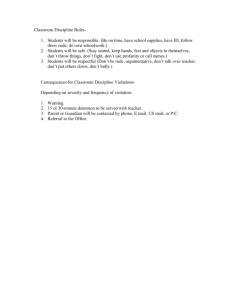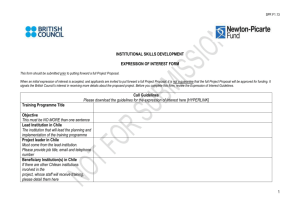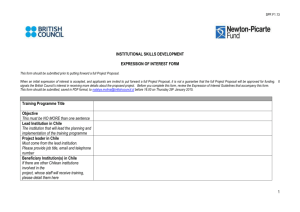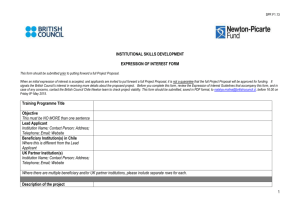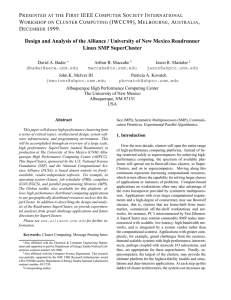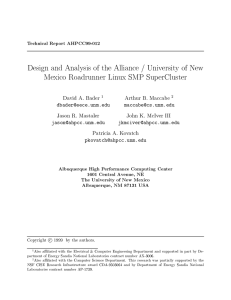Quintana, H. et al. 1995, AJ, 110, 463
advertisement
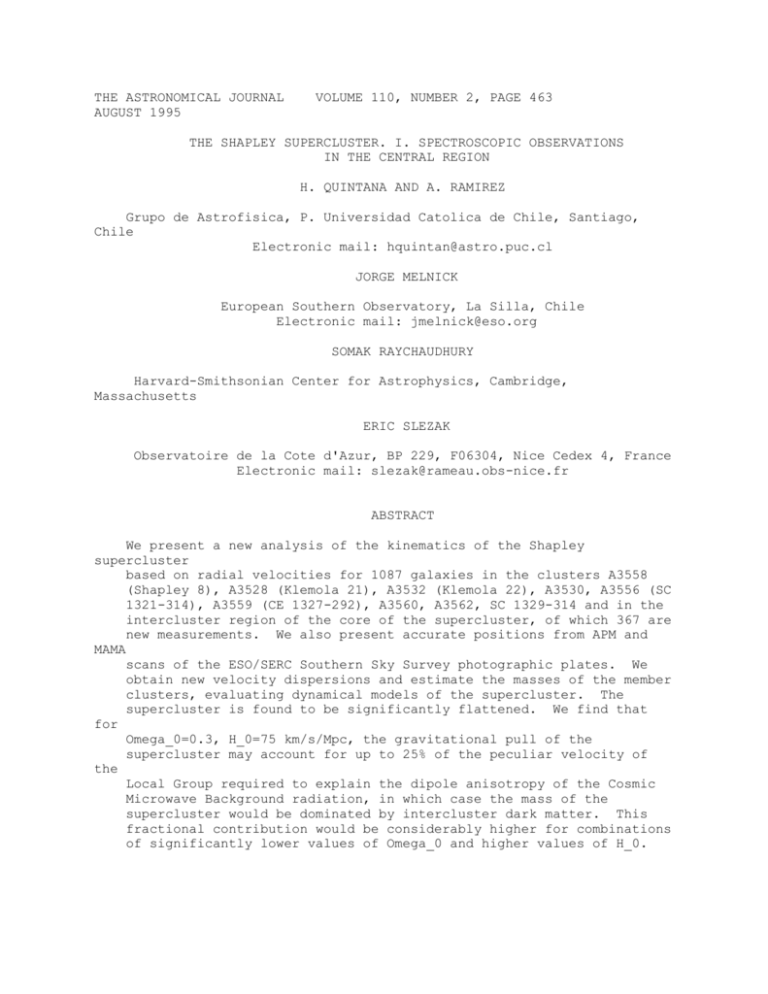
THE ASTRONOMICAL JOURNAL AUGUST 1995 VOLUME 110, NUMBER 2, PAGE 463 THE SHAPLEY SUPERCLUSTER. I. SPECTROSCOPIC OBSERVATIONS IN THE CENTRAL REGION H. QUINTANA AND A. RAMIREZ Grupo de Astrofisica, P. Universidad Catolica de Chile, Santiago, Chile Electronic mail: hquintan@astro.puc.cl JORGE MELNICK European Southern Observatory, La Silla, Chile Electronic mail: jmelnick@eso.org SOMAK RAYCHAUDHURY Harvard-Smithsonian Center for Astrophysics, Cambridge, Massachusetts ERIC SLEZAK Observatoire de la Cote d'Azur, BP 229, F06304, Nice Cedex 4, France Electronic mail: slezak@rameau.obs-nice.fr ABSTRACT We present a new analysis of the kinematics of the Shapley supercluster based on radial velocities for 1087 galaxies in the clusters A3558 (Shapley 8), A3528 (Klemola 21), A3532 (Klemola 22), A3530, A3556 (SC 1321-314), A3559 (CE 1327-292), A3560, A3562, SC 1329-314 and in the intercluster region of the core of the supercluster, of which 367 are new measurements. We also present accurate positions from APM and MAMA scans of the ESO/SERC Southern Sky Survey photographic plates. We obtain new velocity dispersions and estimate the masses of the member clusters, evaluating dynamical models of the supercluster. The supercluster is found to be significantly flattened. We find that for Omega_0=0.3, H_0=75 km/s/Mpc, the gravitational pull of the supercluster may account for up to 25% of the peculiar velocity of the Local Group required to explain the dipole anisotropy of the Cosmic Microwave Background radiation, in which case the mass of the supercluster would be dominated by intercluster dark matter. This fractional contribution would be considerably higher for combinations of significantly lower values of Omega_0 and higher values of H_0.
